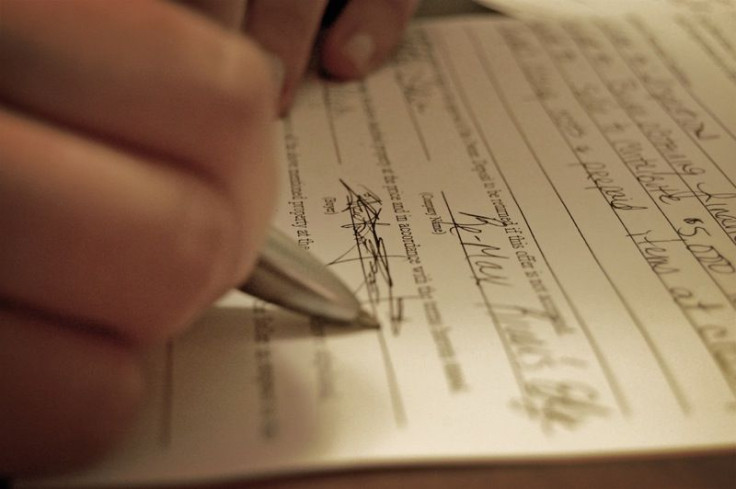Gaining Sympathy Gives Negotiators An Advantage; Time To Update Negotiation Tactics

Sympathy may have a place in business negotiations after all, according to new research out of the University of California-Berkeley's Haas School of Business.
The study revealed when someone negotiating revealed emotional information, they gained sympathy from the opposite party and was more likely to reach a compromise and/or creative solution.Negotiators in a weaker position were also better off when they were up front and transparent about their misfortune. Yet this tactic didn't work the same for negotiators in a strong position, study authors found; they were viewed as manipulative when they tried to gain sympathy.
"Sympathy is an emotion that corresponds with good will," said professor Laura Kray, co-author of the paper, in a press release. "In negotiations, it can translate into a willingness to problem solve in ways that might not otherwise occur."
The study involved 106 MBA students, who negotiated as part of one of their classes. The participants were assigned teams and were asked to play out different scenarios. For example, one scenario involved a dispute over funding between a real estate developer and a general building contractor. The researchers then examined if feeling sympathy helped the negotiation along.
According to the press release, the conflict was as follows: the developer, before going on a trip, told the contractor quality was important to him. The contractor responded by upgrading the type of wood used in an effort to improve workmanship — a change the developer's assistant approved. But, plot twist: the developer decided to sell the property and didn't think the (expensive) upgrade was beneficial or necessary. The contractor, who also owed the developer for a previous loan, explained he could go bankrupt if the developer didn't sign off on the upgrade.
Though not entirely clear, study authors suggest the contractor's statements triggered sympathy in the developer. The two parties were more willing to work out an amicable agreement that consisted of splitting the additional cost of the wood than they were before the contractor shared his story.
Study authors also measured sympathy-eliciting appeals against rational arguments, and found that when the weaker party appealed to the stronger party by sharing vulnerabilities, the latter felt sympathy and was more compelled to help.
Professor Kray said the results are encouraging and may inspired negotiators to revamp their go-to tactics.
"Our findings reveal an optimistic message," she said. "Even when people are in powerful positions, situations in which cold-hearted, rational actors might be expected to behave opportunistically, we are finding instead that their feelings of sympathy motivate them to help the disadvantaged."
Source: Shirako A, Kilduff G, Kray L. Is there a place for sympathy in negotiation? Finding strength in weakness. Organizational Behavior and Human Decision Processes. 2015.



























